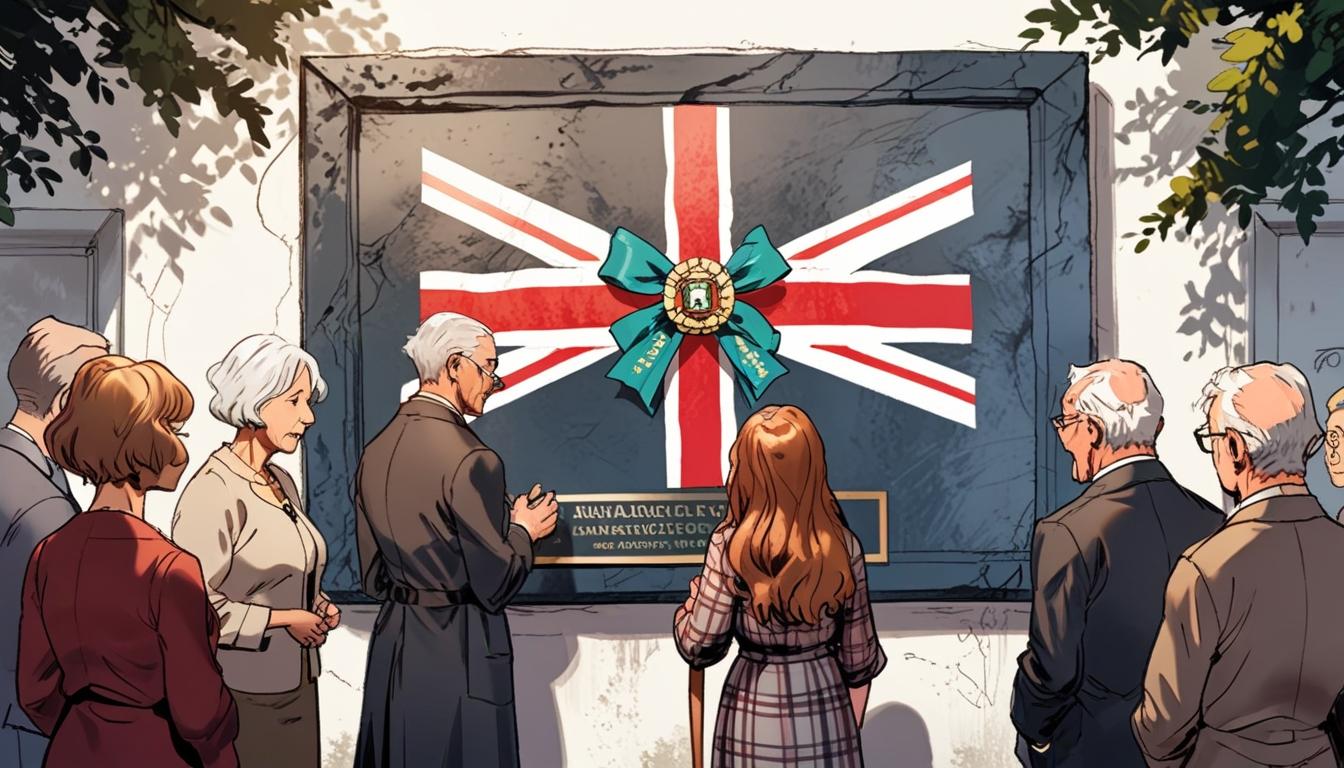Survivors of forced adoptions in the UK are taking a pivotal step towards acknowledging the profound injustice they suffered as they gather for the first public commemorations of a national scandal that has affected hundreds of thousands. A significant plaque is set to be unveiled at Rosemundy, St Agnes, Cornwall, marking its historical significance, while a memorial garden will be opened in Kendal, Cumbria, near the established St Monica’s home.
These events, which will bring together women who endured this traumatic chapter, adoptees, and relatives, emerge after years of campaigning for a formal government apology, which remains notably absent. The scale of the forced adoption issue in Britain between the 1940s and the 1980s was substantial, with hundreds of homes providing refuge for unmarried mothers. Initially established with promises of support from organisations like the Church of England, the Salvation Army, and various local authorities, these institutions often subjected women to neglect, cruelty, and immense psychological stress.
Phil Frampton, a campaigner who was himself adopted from Rosemundy, has been a vocal advocate for the movement, expressing that these commemorative events are a starting point for a long-overdue national movement for recognition and healing. Frampton, whose mother was coerced into giving him up due to societal stigma around having a mixed-race child in the 1950s, highlighted the punitive conditions experienced by many women, stating that they were made to work under unbearable circumstances while being pressured to relinquish their babies.
The systemic failures of these mother and baby homes have come under further scrutiny through various investigations. Research conducted by Michael Lambert at Lancaster University revealed that the hormone drug diethylstilbestrol, linked to health risks including cancer, was administered to mothers in some of these institutions. Additionally, a recent ITV investigation uncovered the chilling reality that nearly 200 babies from church-run homes were buried in unmarked graves, a stark reminder of the suffering and neglect endured. Some families were only made aware of these tragic truths after watching reports featuring their long-lost relatives.
The emotional toll of forced adoptions extends beyond the individuals directly involved, reverberating through families and communities. Steve Hindley, who lost his wife Judy to the mental health impacts of her experiences at St Monica’s in Kendal, has campaigned for a memorial garden to honour the babies who died due to inadequate care. The memory of their son, who passed away from grave untreated health conditions, serves as a painful reminder of the injustices faced by many.
A parliamentary inquiry from 2021 revealed that more than 185,000 children were adopted under these coercive circumstances, with the state ultimately bearing responsibility for the negligence and abuse that characterised this period. While Scotland and Wales have extended formal apologies acknowledging the injustice of forced adoptions, the UK government has yet to follow suit, dismissing recommendations for an outright apology despite growing pressure from activists and survivors alike.
The Church of England has expressed “great regret” over the events, the Catholic Church has apologised, and the Salvation Army has voiced its deep remorse. However, these statements fall short of the collective acknowledgment that many survivors seek. A spokesperson from the Department for Education reiterated the gravity of the issue, offering sympathies but stopping short of a formal apology, stating that such “abhorrent practices” should never have occurred.
The commemorative events in Cornwall and Kendal serve not only to honour those who suffered but also to push for a more profound societal recognition of the injustices endured. Survivors like Lyn Rodden, who was subjected to inhumane conditions while pregnant at Rosemundy, have waited far too long for validation of their experiences. “This plaque means everything … because so many people called me a liar,” she expressed, encapsulating the lingering stigma that still envelops these narratives.
Amid these developments, survivors and advocates remain steadfast in their demand for justice, continuing to highlight the necessity for a formal apology and governmental accountability that acknowledges the pain of those affected by forced adoptions. These commemorative events are a momentous occasion, not only signifying healing for survivors but also calling for an end to the prolonged silence that has surrounded the narrative of forced adoptions in the UK.
Reference Map
- Paragraph 1, 2, 3, 5, 6, 7
- Paragraph 3, 4
- Paragraph 1, 6
- Paragraph 1, 4, 5
- Paragraph 3, 4
- Paragraph 3, 6
- Paragraph 6
Source: Noah Wire Services
